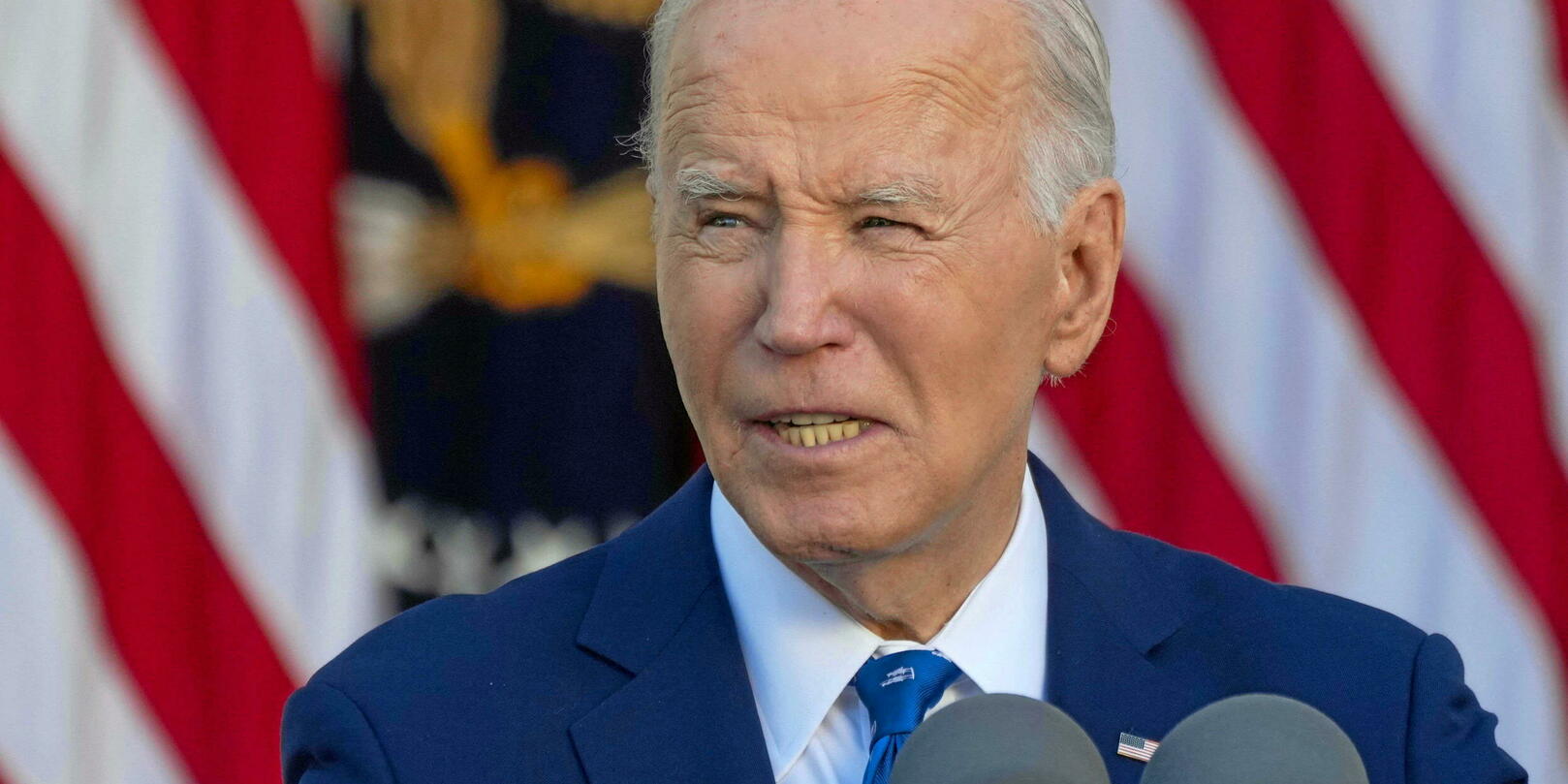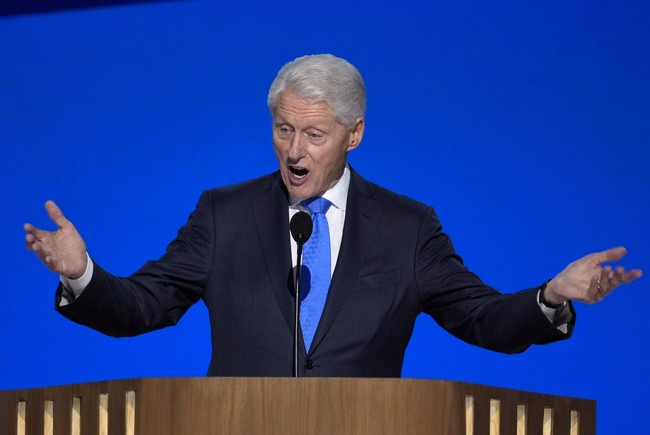Biden's Preemptive Pardons Stir Heated Debate
As tensions rise, President Biden's potential use of preemptive pardons to shield political figures from Trump's retribution sparks intense discussion and controversy in Washington.
Published December 10, 2024 - 00:12am

Image recovered from lepoint.fr
President Joe Biden is contemplating the use of preemptive pardons, a step never before taken in such a manner, to protect several high-profile figures who may face political retribution if Donald Trump seeks to punish his critics upon regaining office. This unprecedented move comes amidst escalating concerns about Trump's intentions to retaliate against those who opposed him during and after his presidency, particularly as he gears up for another election run.
Speculation surrounding this strategy has emerged following Biden's controversial pardon of his son, Hunter Biden, who faced gun and tax-related charges. The potential targets for these preemptive pardons include key names such as Dr. Anthony Fauci, former special counsel Jack Smith, Rep. Liz Cheney, and Rep. Adam Schiff, among others. These individuals have been openly critical of Trump, with some, like Schiff, having played pivotal roles in the impeachment processes against him.
The premise behind these pardons is to provide legal safety against anticipated persecutions by Trump's forthcoming administration, which, according to his advisors, could focus on exacting revenge against prominent critics. Trump's public advisors have hinted at principal appointments, such as Kash Patel to the FBI, known for his loyalty to Trump's agenda, which further raises alarm over the potential for politically motivated investigations.
This notion ties into the history of presidential clemency powers, which have been controversially employed in past administrations. Former President Trump himself employed these powers to pardon allies like Roger Stone and Paul Manafort. The precedent for proactive pardons, however, has left the legal fraternity divided, as this could set a significant precedent concerning presidential clemency's scope.
Biden's strategy is aligned with concerns for the safety of his allies from politically charged legal actions. Yet, distinct voices within and outside his political circle, such as Minnesota Senator Amy Klobuchar, express apprehension over this approach. She has publicly opposed the idea, stating that it could be seen as an overreach and suggesting it may not align with justice and democratic principles.
Furthermore, the dialogue extends to extending preemptive pardons to a broader spectrum of vulnerable communities, including undocumented immigrants who face potential deportation under new stringent immigration policies. Supporters of this broader scope argue that it's crucial to erect barriers against policies they perceive as rooted in xenophobia and to offer protection to marginalized groups primed for scapegoatism in politically motivated crackdowns.
The legal nuances involved in picking discretionary pardons are immense. Although preemptive pardons appear proactive, they remain susceptible to intricate legal challenges, especially considering the nature of deemed offenses and current interpretations of presidential powers. Despite this, proponents argue their necessity, emphasizing the protection against what they fear could escalate into authoritarian deployments of federal power.
The specifics regarding how this situation develops remain closely watched. Biden has yet to finalize his decision on the preemptive pardons, and discussions around their potential impacts on the American political landscape are ongoing. These deliberations paint a larger picture of the modern political climate, one fraught with deep divides and a battlefield where presidential powers are tested and redefined amid brewing partisan tensions in the United States.







